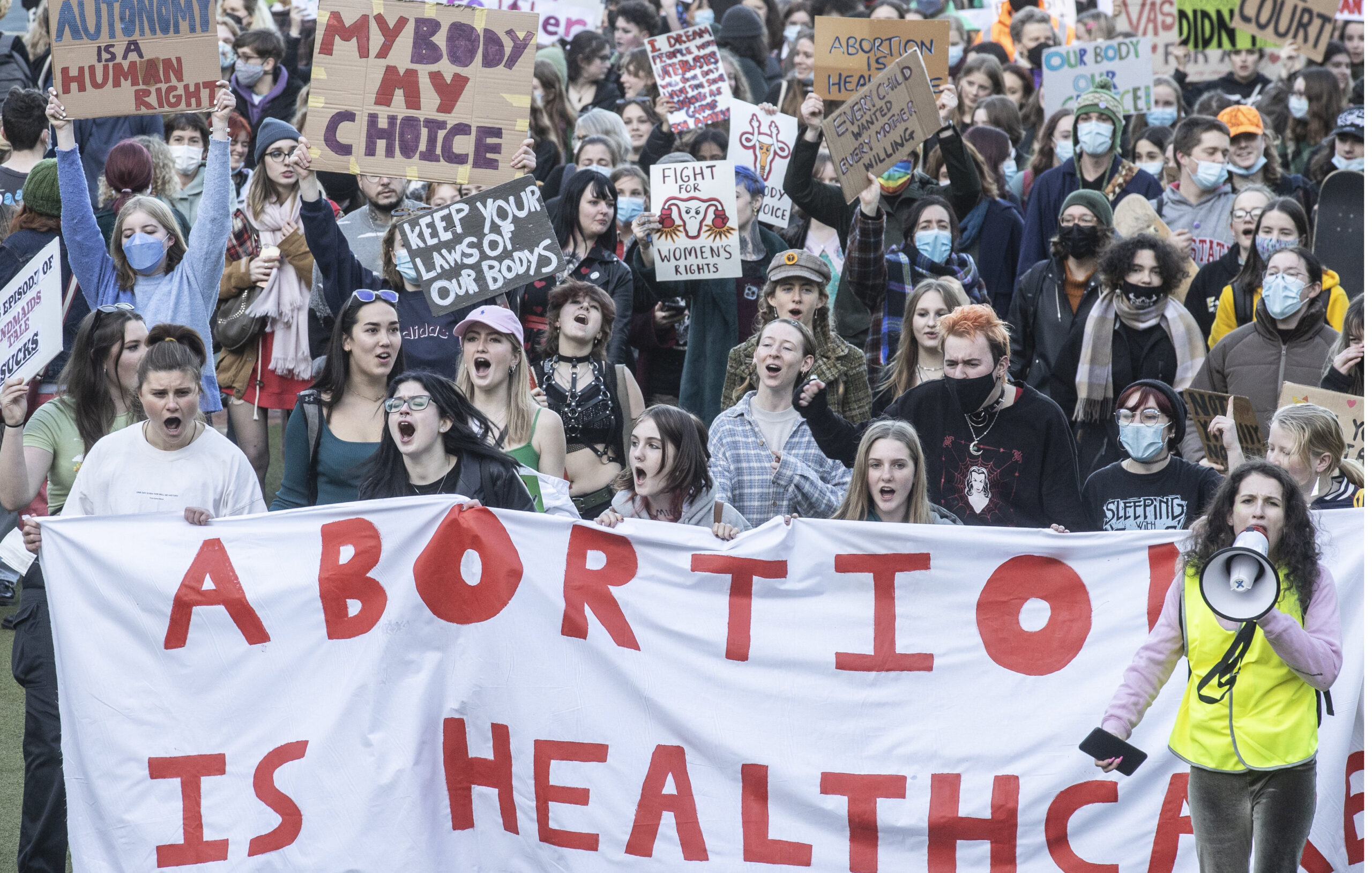
On March 23, 2020, Aotearoa New Zealand introduced the Abortion Legislation Act,1 and in doing so decriminalised one of the most common gynaecological procedures anyone will have in the course of their life. An estimated one in four pregnancies result in abortion globally.2
Statistics in Aotearoa show that in 2020 there was a slight increase in abortions compared to 2019. However, in general there is a continuing trend towards a decline in the number of abortions.3 Abortion will always be necessary — no method of contraception is 100 per cent effective and there are always reasons why people will choose to have abortions.
In Aotearoa, people who choose to end their pregnancies up to 20 weeks’ gestation can do so without providing a reason and they cannot legally be declined.1 It is their choice, and their reason is their business. The legislation also allows abortion to be provided in multiple settings (including via telemedicine) and by a range of health practitioners (including nurses, nurse practitioners and midwives).1
We have also recently seen the introduction of The Contraception, Sterilisation and Abortion (Safe Areas) Amendment Act 2022,4 whereby abortion providers can apply to the Ministry of Health to enact a safe zone around their service to protect people accessing and providing abortions.
If, as anti-choice campaigners believe, safe abortion is murder, then so is banning access to safe legal abortion. The difference in these views is only in who dies.
From a pro-choice perspective, these developments demonstrate a positive change in advancing access to safe, legal abortion in Aotearoa. However we must not be complacent. This advance in sexual and reproductive health and rights was won by a democratic process and could just as easily be lost in the same fashion.
Roe v. Wade
In June we saw the American Supreme Court overturn Roe v. Wade. This was a 1973 Supreme Court ruling which ensured legal access to abortion in the first trimester as a constitutional right, across all states. For pro-choice advocates, its loss is seen as a major step backwards in human rights. Anti-choice (otherwise known as “pro-life”) campaigners are celebrating this as a win.

There is no doubt that anti-choice activists are as earnest in their beliefs regarding the wrongfulness of abortion, as pro-choice activists are in their belief in the right of the individual women/pregnant person to decide. However, if the overturn of Roe v. Wade was truly about the preservation of life, why would the same country tolerate such relaxed firearm controls?
If this was really about the sanctity of life, why does the United States of America (USA) not have universal access to funded health care? And why would the same country still have states that impose the death penalty?
This advance in sexual and reproductive health and rights was won by a democratic process and could just as easily be lost in the same fashion.
When abortion is illegal or highly restricted, people still have abortions but they are more likely to die from unsafe procedures.5 Furthermore, it is people who are most disdvantaged in society (ethnic minorities and those with disabilities, complex health needs or living with high deprivation) who experience the most significant morbidity and mortality rates associated with pregnancy, when there is restricted access to safe abortion.
If, as anti-choice campaigners believe, safe abortion is murder, then so is banning access to safe legal abortion. The difference in these views is only in who dies.
No room for complacency in New Zealand
We would be wrong to think that people’s right to safe, legal abortion is ensured for the future in Aotearoa. The Abortion Legislation Act 2020 was enacted because people of New Zealand used the democratic process to make it happen. Equally, a democratic process can be used to take it away.
Those of us who believe that abortion is an essential part of sexual and reproductive health and rights need to continue to be vigilant and actively participate in local and national advocacy to support increased access to safe, equitable, accessible abortion care.
Emma Macfarlane, RN, NP, MHSc, is a member of the NZNO Women’s Health College committee and a lecturer at Dunedin School of Medicine’s Department of Women’s and Children’s Health.
References
- Abortion Legislation Act 2020.
- Amnesty International. (2020). Key facts on abortion.
- Stats NZ: Tatauranga Aotearoa. (2020). Abortion statistics: Year ended December 2019.
- Manatu Hauora: Ministry of Health. (2022). Safe Areas Amendment Act.
- World Health Organization. (2021). Abortion: Key facts.

